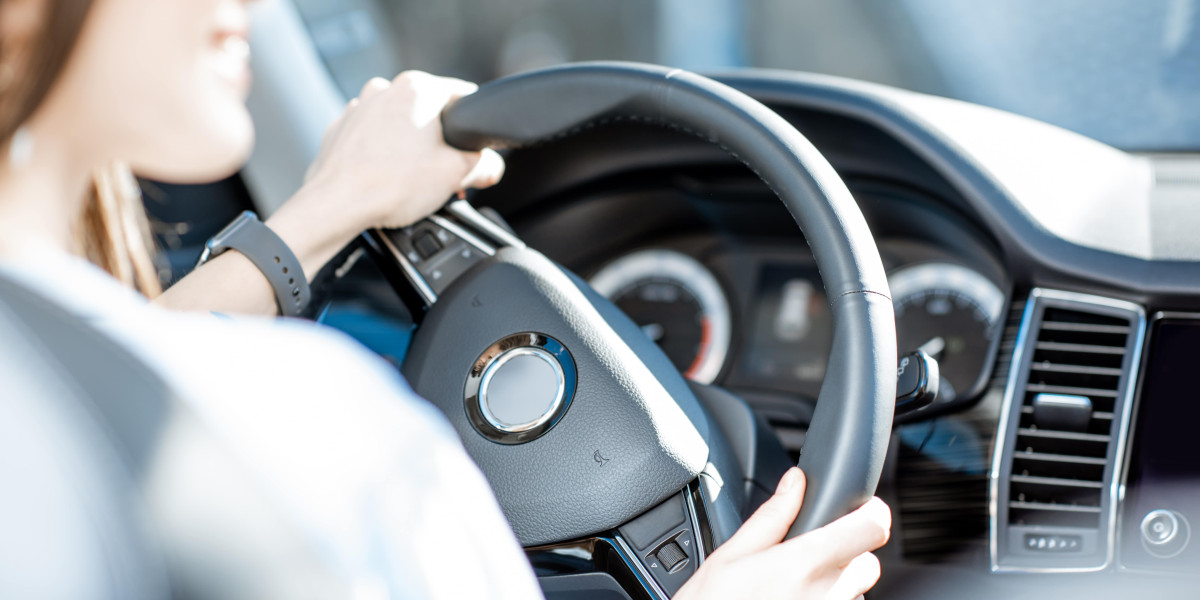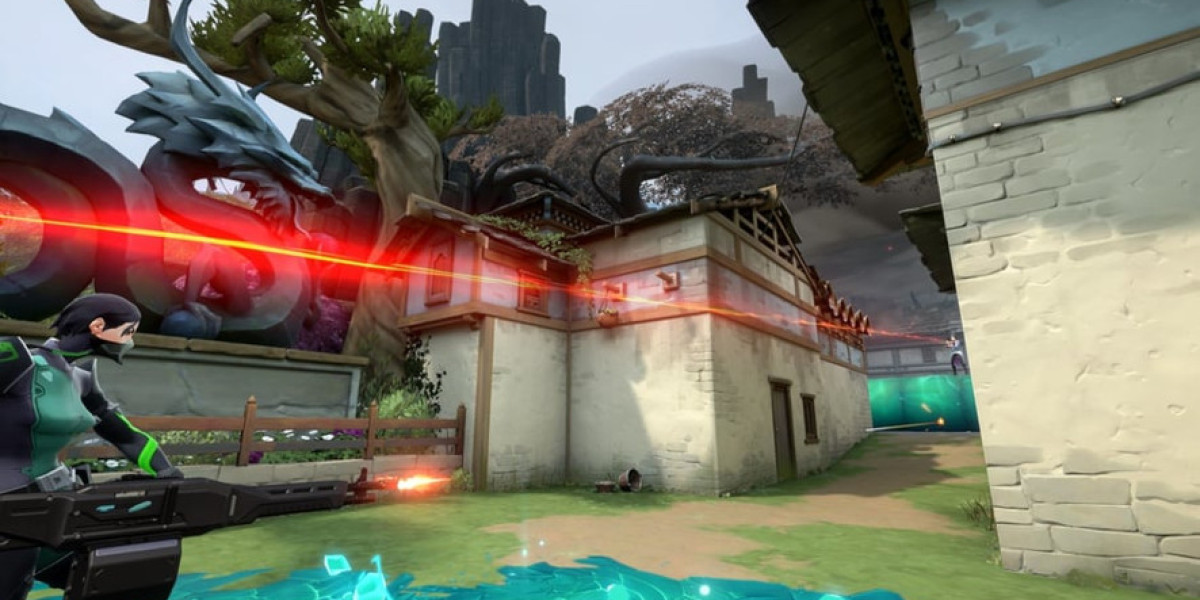Understanding the Process of Buying a Driver License: A Comprehensive Guide
In today's significantly mobile society, possessing a valid driver's license is typically thought about a requirement. It provides people with the flexibility to browse their environments, gain access to task opportunities, and perform daily activities with ease. Nevertheless, the idea of acquiring a driver's license can be bogged down in confusion and aggravation, especially for those unknown with the conventional application routes. Despite some misleading narratives that recommend the option to simply "buy driver license, read article," a driver's license, comprehending the legal pathways and the implications of such decisions is important for anyone looking for to strike the roadway legally.
The Importance of a Valid Driver's License
A driver's license serves multiple crucial functions:
Legal Identification: It serves as a government-issued recognition file, accepted broadly for various purposes, including voting and monetary deals.
Evidence of Driving Competence: The license shows that the holder has passed the essential driving exams, showing their capability to run a vehicle securely.
Insurance Requirement: Most states need drivers to have a legitimate driver's license to protect vehicle insurance coverage, which is necessary for roadway use.
Traffic Laws Compliance: A driver's license reassures law enforcement that people have undergone the required training to comprehend and adhere to traffic laws.
Legal Pathways to Acquiring a Driver's License
In pursuit of driving advantages, there are genuine processes one can follow to acquire a driver's license:
1. Learner's Permit:
- This is often the initial step for new drivers. A learner's license enables people to practice driving with a certified adult present.
- To get a learner's permit, candidates normally need to:
- Be of a certain age (usually 15 or 16).
- Pass a written knowledge test.
- Provide required documentation, such as evidence of identity and residency.
2. Driver Education:
- Enrolling in a driver education course can offer vital understanding about road guidelines, safety procedures, and lorry operation.
- Completion of this course might be a prerequisite for acquiring a full driver's license in a lot of jurisdictions.
3. Road Test:
- After preserving the learner's license for a given period and logging the required driving practice hours, people can set up a roadway test.
- Passing this test is vital for receiving a full, unlimited driver's license.
4. Paperwork:
- Applicants will generally require to provide:
- Identification files (like a birth certificate or passport).
- Proof of home.
- Social Security number.
- Any previous driving records, if appropriate.
5. Costs:
- There are normally charges related to the application process, which might differ by state.
The Risks of Buying a Driver License
While the idea of buying a driver's license might initially appear attractive, it is accompanied by significant risks and possible repercussions:

Legal Ramifications: Purchasing a driver's license beyond the recognized legal channels is prohibited. People caught in this act might face severe charges, including fines or jail time.
Identity Theft Risks: Many deceptive deals on the internet involve identity theft, where individuals might accidentally expose their personal details.
Insurance Issues: Without a legitimate driver's license, getting car insurance coverage can be impossible. Driving without insurance can lead to large fines and liability for mishaps.
Increased Risk of Accidents: Without the requisite training and screening related to acquiring a legitimate license, untrained drivers posture a danger to themselves and others on the road.
Frequently asked questions About Acquiring a Driver License
1. Can I drive without a driver's license?
No, driving without a valid driver's license is prohibited in the majority of jurisdictions. It can result in fines and extra penalties.
2. For how long does it take to get a driver's license?
The timeline can differ depending upon the individual's state of house, stockpile at the Department of Motor Vehicles (DMV), and how quickly the candidate finishes the needed steps. Typically, the entire process may take numerous months from obtaining a learner's license to scheduling and passing the roadway test.
3. Can I utilize my out-of-state driver's license in another state?
Yes, numerous states allow people to drive with an out-of-state license for a particular duration. Nevertheless, if you end up being a citizen of the new state, you will require to get that state's driver's license.
4. What should I do if my driver's license is lost or taken?
You should report the loss or theft to your local DMV and follow their procedure for getting a replacement. This typically involves verifying your identity and paying a little fee.
5. Exist age limitations for obtaining a driver's license?
Yes, each state has minimum age requirements. Normally, individuals can start the procedure with a learner's permit at age 15 or 16, however complete licenses are typically approved at 18 or 21.
Concluding Thoughts
While the attraction of merely buying a driver's license might exist in some circles, the involved threats and legal ramifications make this choice unadvisable. Instead, understanding and following the genuine courses to getting a driver's license is the safest and most accountable approach. Whether through a teenager's initial journey towards independence or an adult looking for to gain back driving advantages, browsing the proper channels not just ensures compliance with the law but likewise fosters accountable and educated drivers. Therefore, potential drivers are encouraged to invest their effort and time into the legal process, ensuring an intense and legal future invested in the open roadway.








